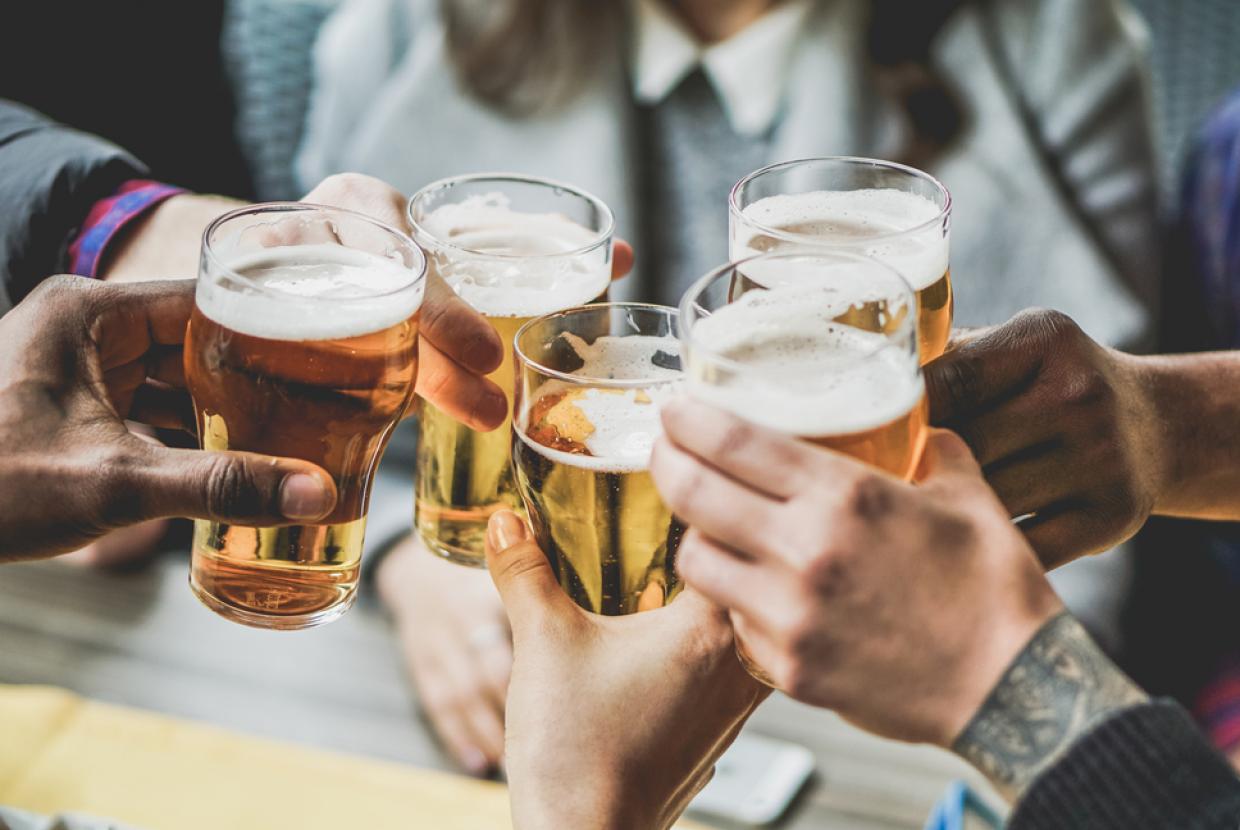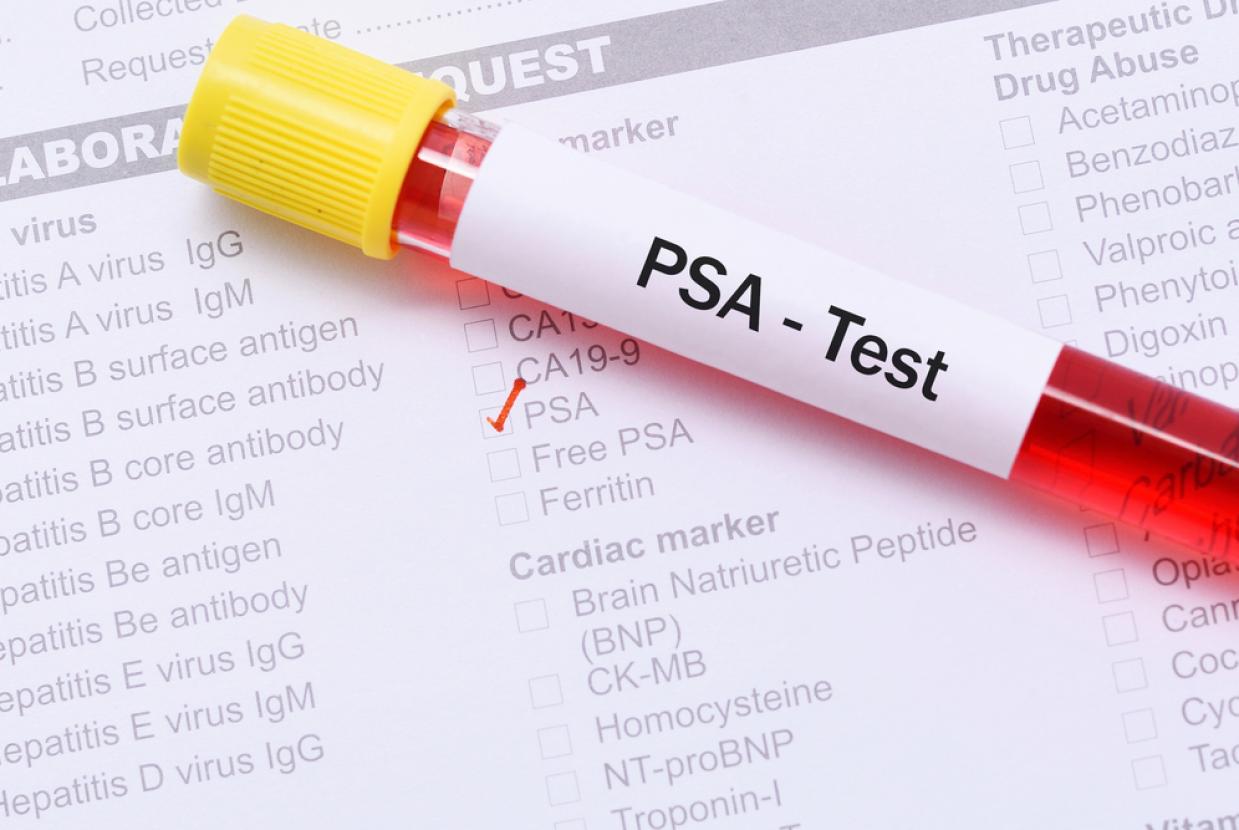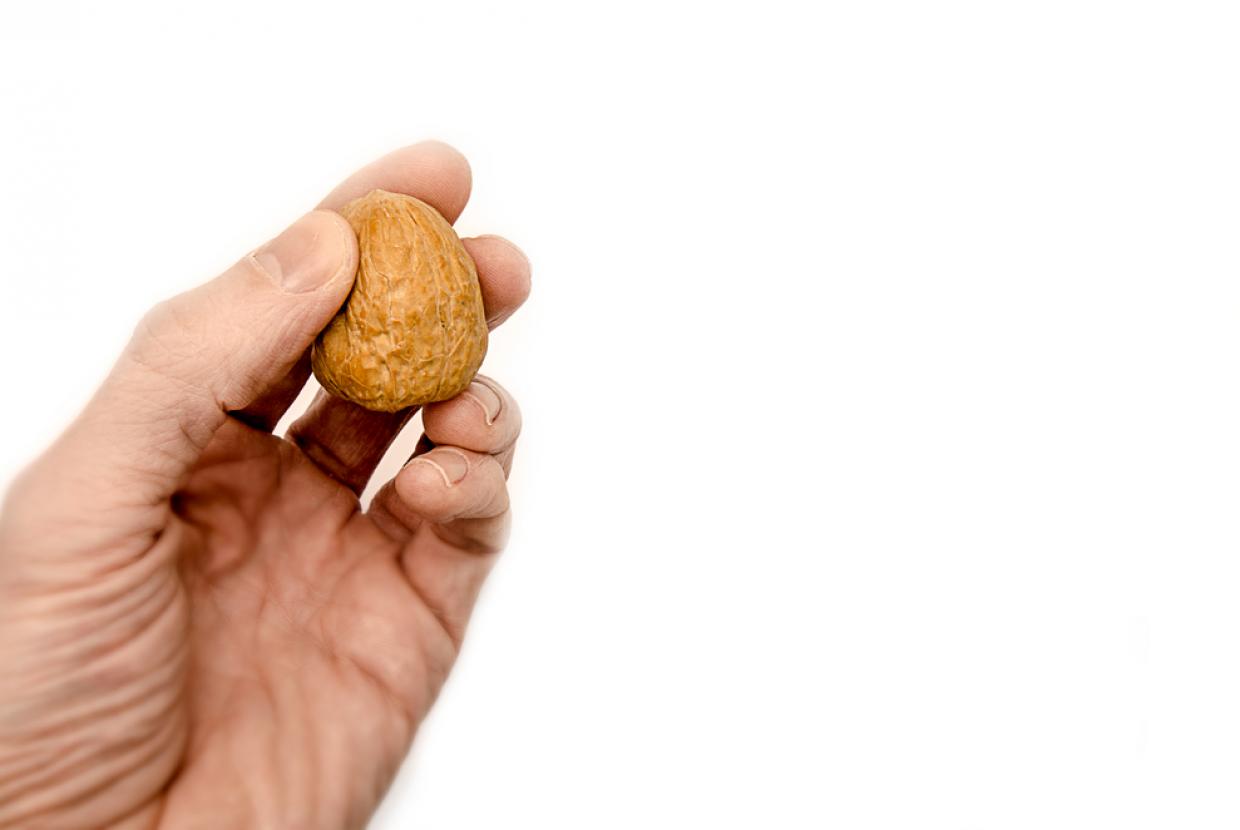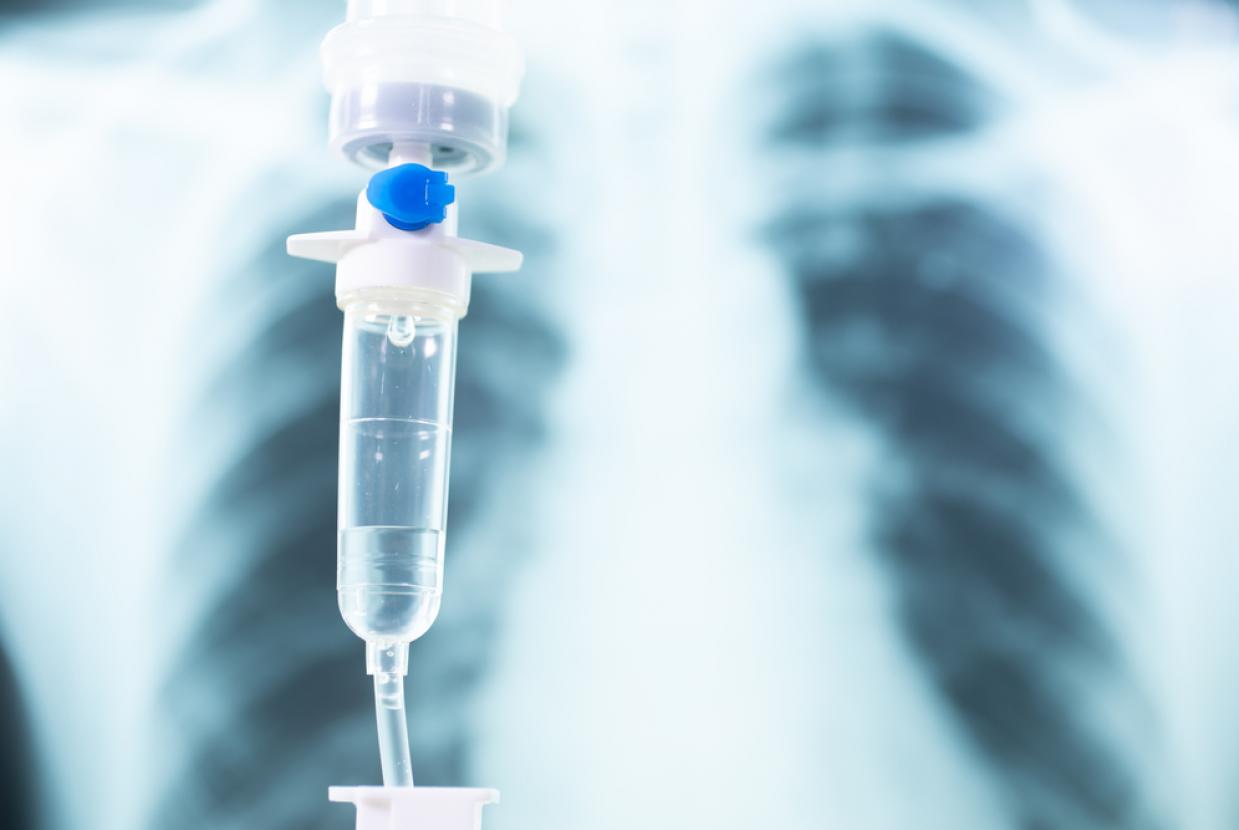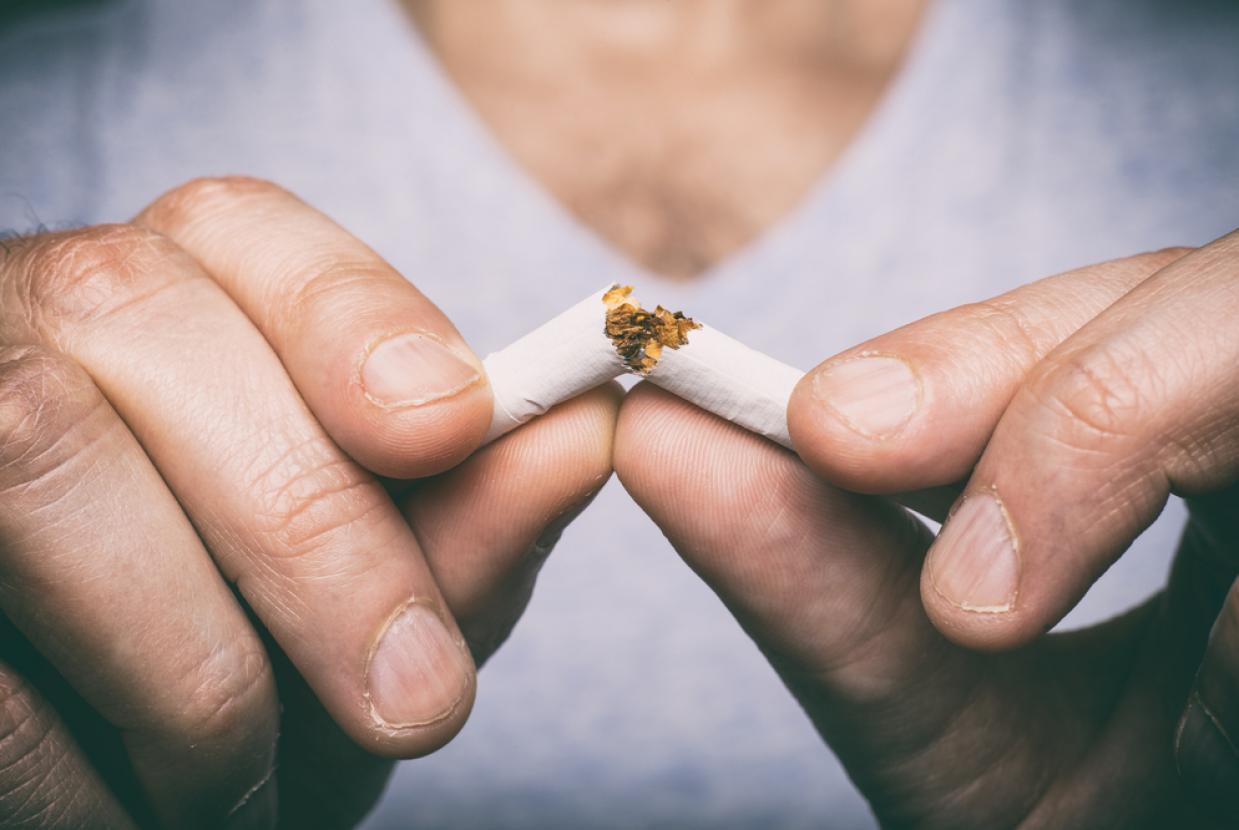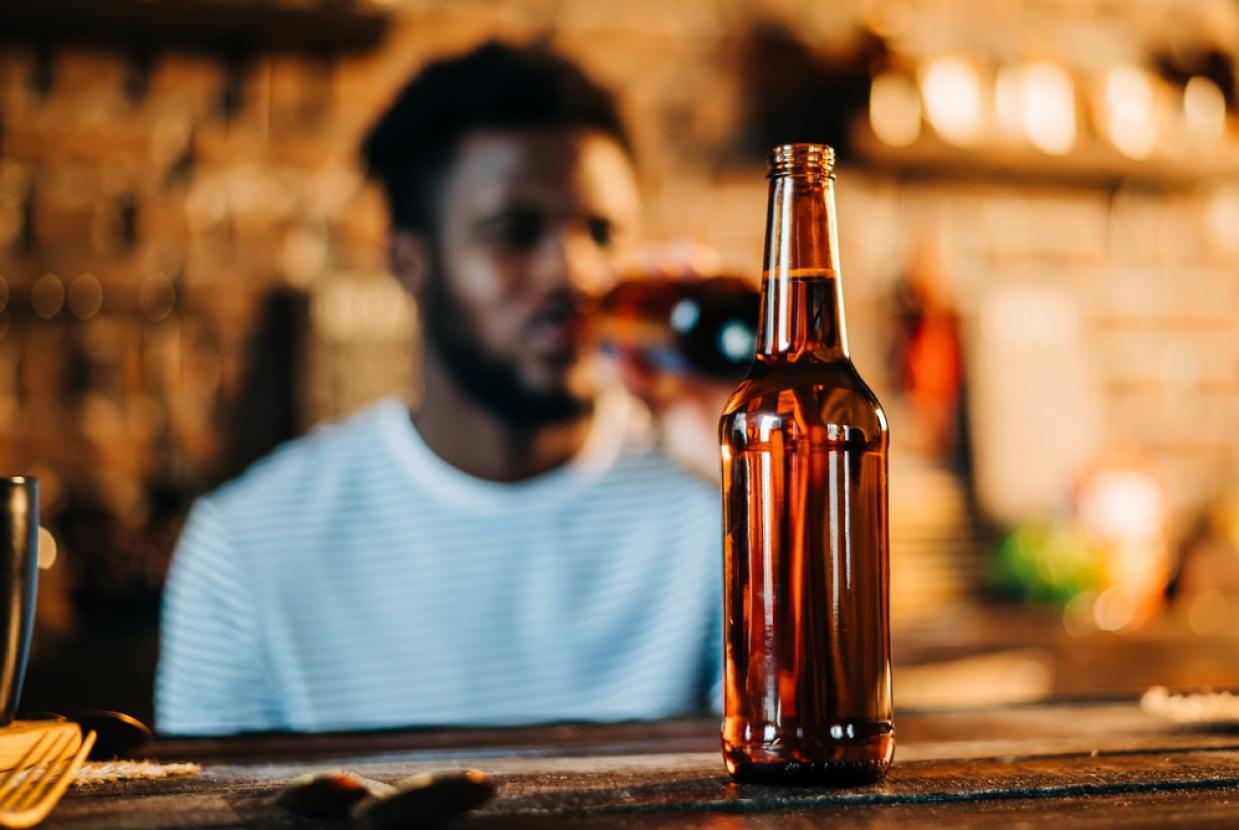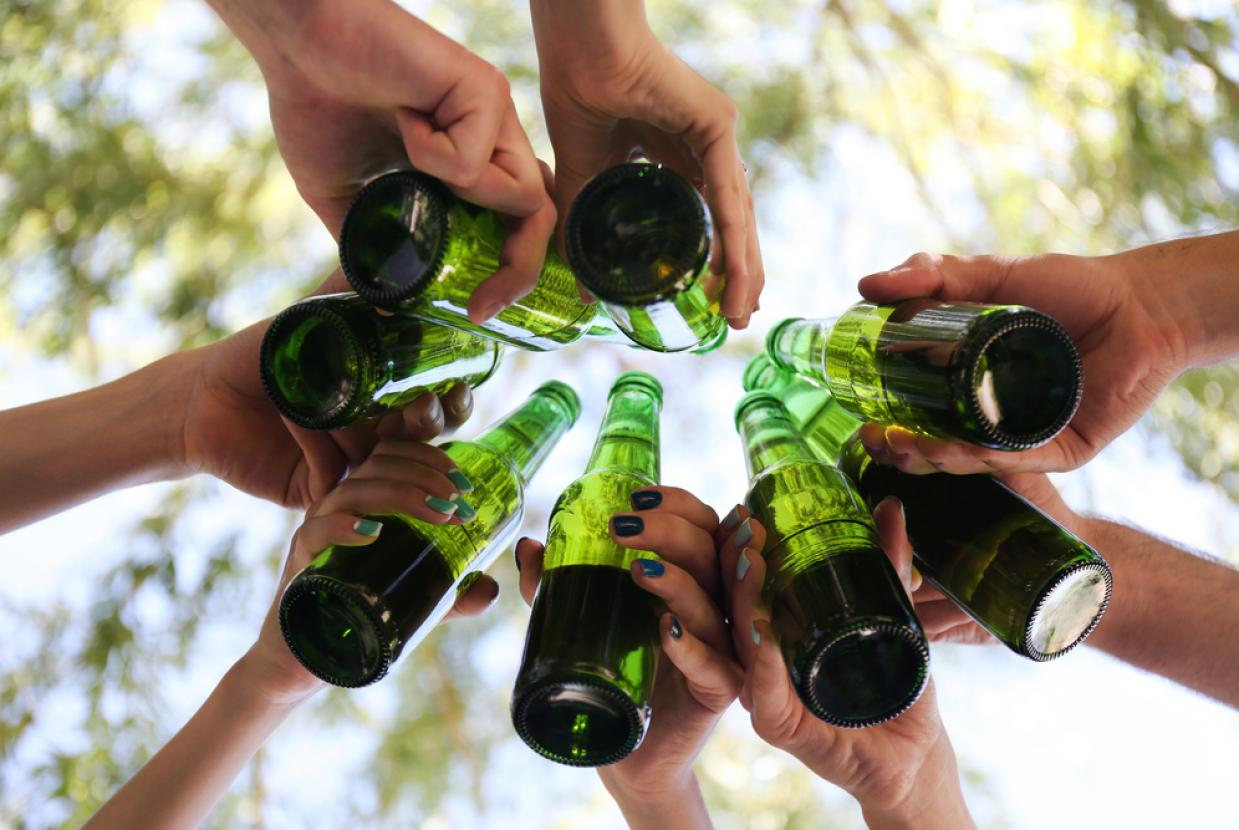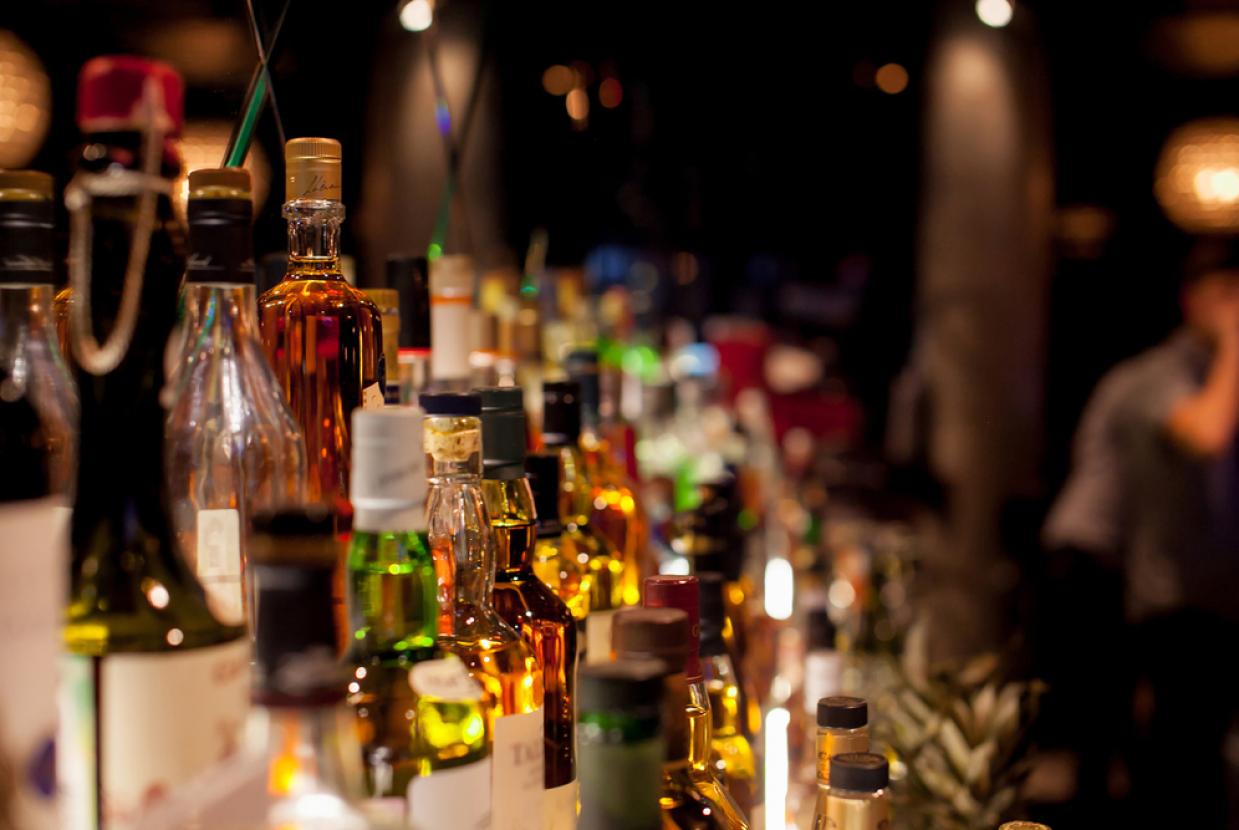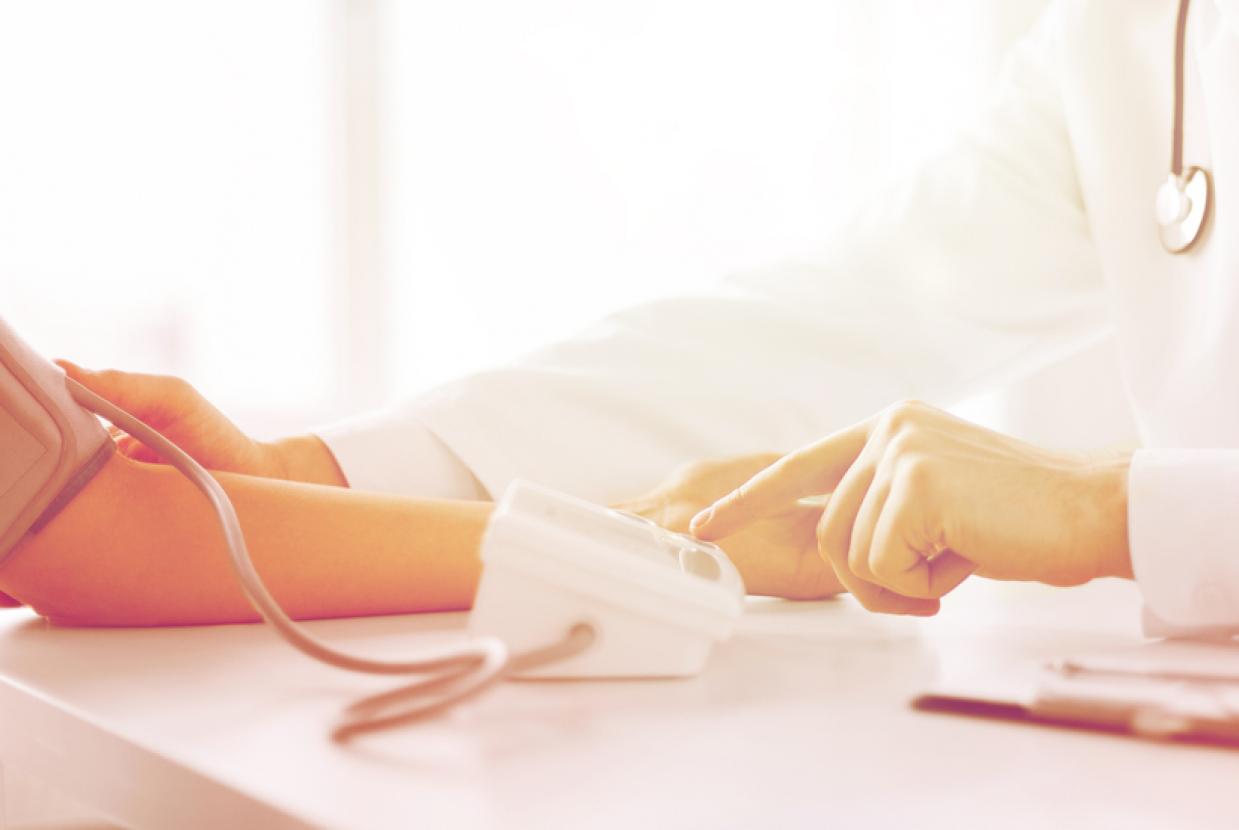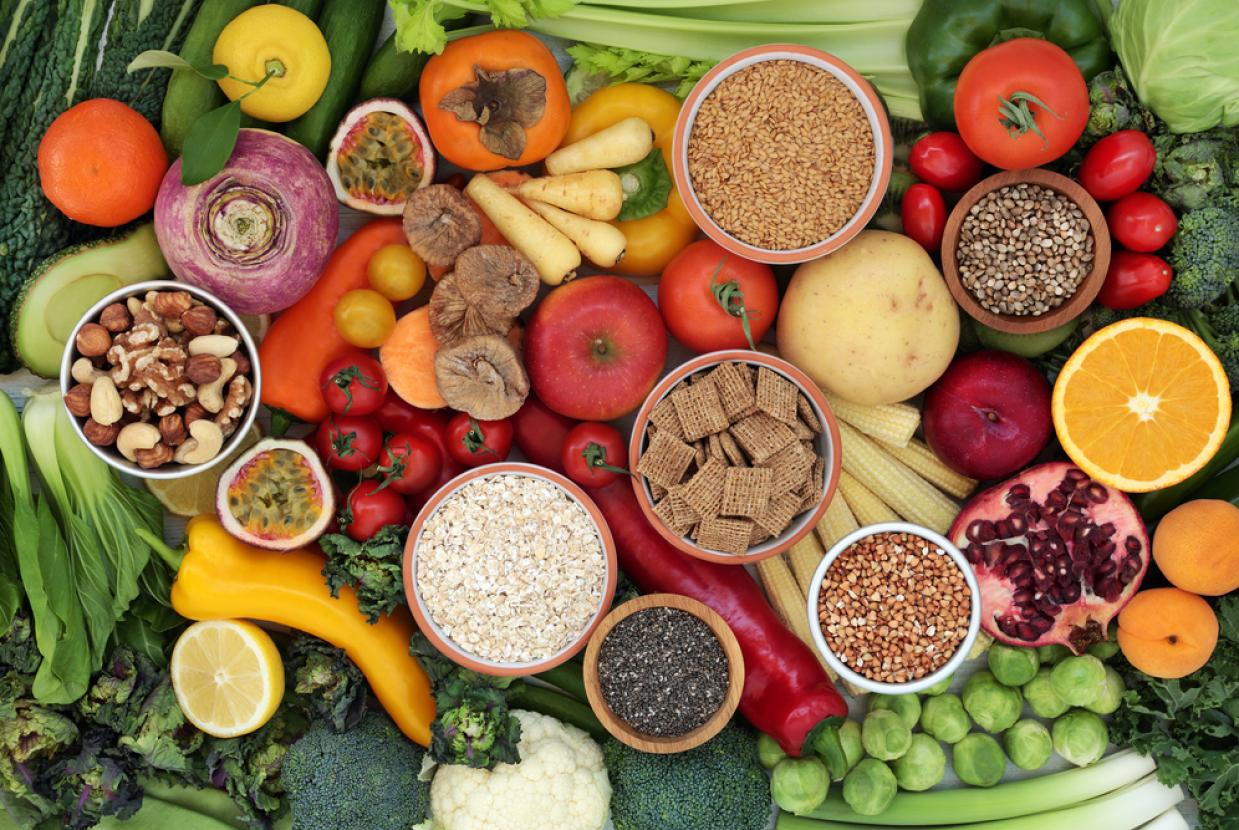Alcohol Misuse
Alcohol misuse is when you drink in a way that's harmful, or when you're dependent on alcohol. To keep health risks from alcohol to a low level, both men and women are advised not to regularly drink more than 14 units a week. A unit of alcohol is 8g or 10ml of pure alcohol, which is about:
- half a pint of lower to normal-strength lager/beer/cider (ABV 3.6%)
- a single small shot measure (25ml) of spirits (25ml, ABV 40%)
A small glass (125ml, ABV 12%) of wine contains about 1.5 units of alcohol.
Low-risk drinking advice
To keep your risk of alcohol-related harm low:
- men and women are advised not to drink more than 14 units of alcohol a week on a regular basis
- if you drink as much as 14 units a week, it's best to spread this evenly over 3 or more days
- if you're trying to reduce the amount of alcohol you drink, it's a good idea to have several alcohol-free days each week
- if you're pregnant or trying to become pregnant, the safest approach is to not drink alcohol at all to keep risks to your baby to a minimum
Regular or frequent drinking means drinking alcohol most days and weeks. The risk to your health is increased by drinking any amount of alcohol on a regular basis.
Risks of alcohol misuse
Short term
The short-term risks of alcohol misuse include:
- accidents and injuries requiring hospital treatment, such as a head injury
- violent behaviour and being a victim of violence
- unprotected sex that could potentially lead to unplanned pregnancy or sexually transmitted infections (STIs)
- loss of personal possessions, such as wallets, keys or mobile phones
- alcohol poisoning – this may lead to vomiting, fits (seizures) and falling unconscious
People who binge drink (drink heavily over a short period of time) are more likely to behave recklessly and are at greater risk of being in an accident.
Long term
Persistent alcohol misuse increases your risk of serious health conditions, including:
- heart disease
- stroke
- liver disease
- liver cancer
- bowel cancer
- mouth cancer
- breast cancer
- pancreatitis
As well as causing serious health problems, long-term alcohol misuse can lead to social problems for some people, such as unemployment, divorce, domestic abuse and homelessness.
If someone loses control over their drinking and has an excessive desire to drink, it's known as dependent drinking (alcoholism). Dependent drinking usually affects a person's quality of life and relationships, but they may not always find it easy to see or accept this.
Severely dependent drinkers are often able to tolerate very high levels of alcohol in amounts that would dangerously affect or even kill some people.
A dependent drinker usually experiences physical and psychological withdrawal symptoms if they suddenly cut down or stop drinking, including:
- hand tremors – "the shakes"
- sweating
- seeing things that are not real (visual hallucinations)
- depression
- anxiety
- difficulty sleeping (insomnia)
This often leads to "relief drinking" to avoid withdrawal symptoms. Want to know more? Click here.


